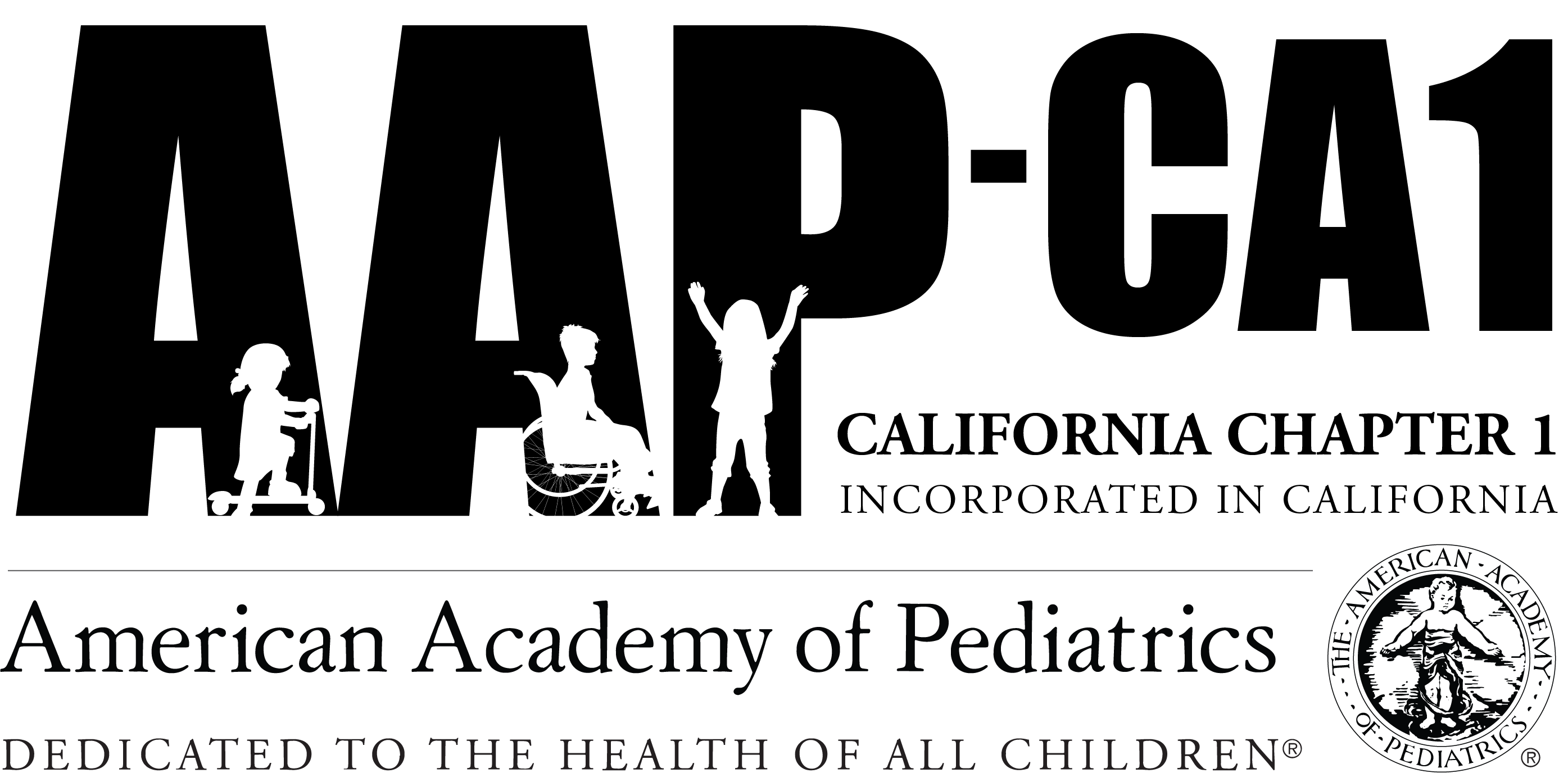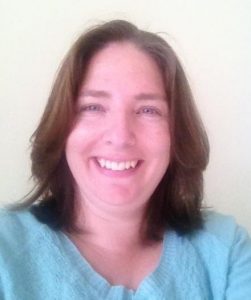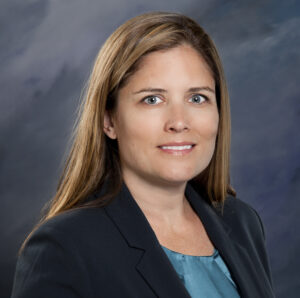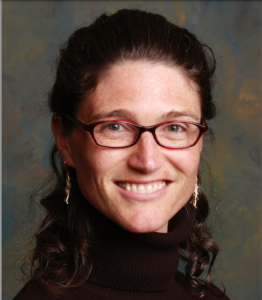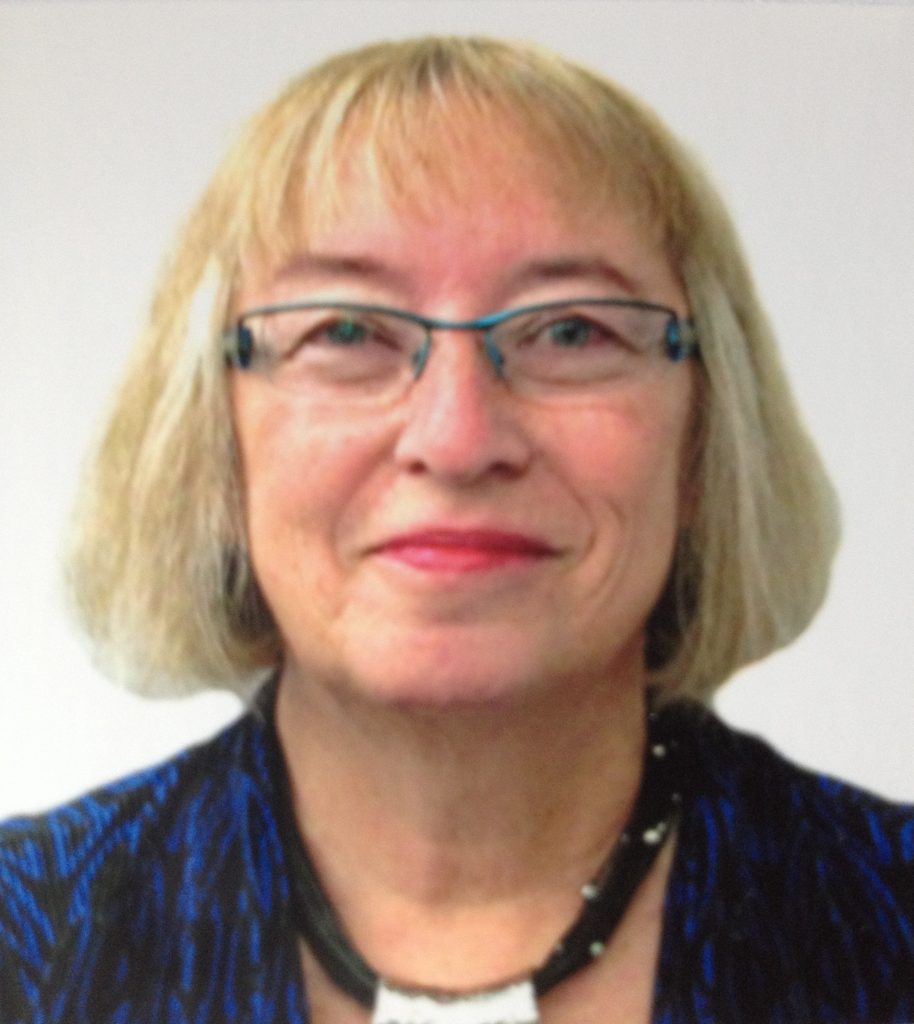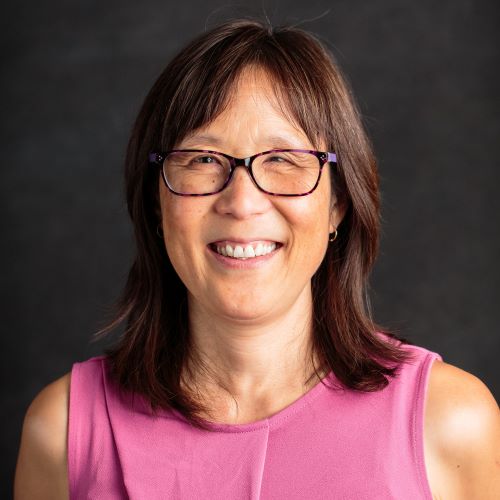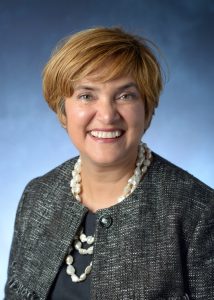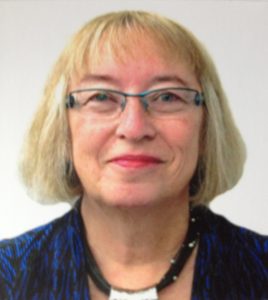The Advocacy Committee works in conjunction with the District AAP to review legislation affecting child health in California. The Chapter committee handles grassroots efforts on statewide legislation based on District policy and positions. The Advocacy Committee will disseminate information via online and email in support or opposition of regulations, bills, resolutions and other legislative formats which the District does not have the staff time to consider.
Co-Chairs and Resident Co-Chairs
Stephanie Fong Gomez, MD, MD, FAAP, Morgan Leighton, MD, MPH, FAAP, Maria Josefina Mba Wright, MD, FAAP, Lena van der List, DO, FAAP & Victoria Chi, MD

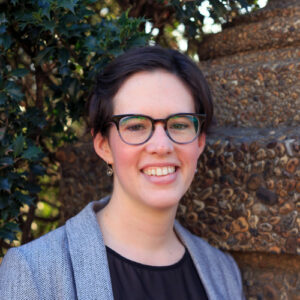


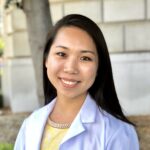
Contact: info@aapca1.org
Join
